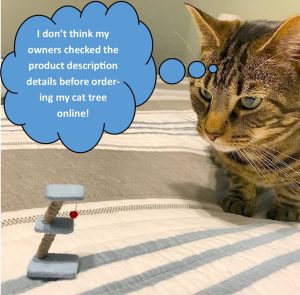
It’s happened in Florida and now in Arizona. Scammers recognize no boundaries. Arizona’s Attorney General Mark Brnovich is cautioning consumers to watch out for misleading sales tactics from companies selling over-the-counter hearing amplifiers. Over the past year, the Attorney General’s Office has received approximately 140 complaints about over-the-counter hearing aids. It’s not the first time warnings about hearing products have caught the notice of consumer advocates, and it isn’t limited to one state, either. States with a large number of seniors have experienced increasing complaints from consumers who took the bait.
“In this era of new technology and self-service, many innovations bring true improvement to the quality of our lives. Consumers, however, need to be careful before purchasing these products,” said General Brnovich. “Arizona consumers should be wary of deals that appear too good to be true and do their research to avoid being scammed.”
In 2017, the Food and Drug Administration (FDA) relaxed restrictions on the sales of hearing aids, and dozens of companies have entered the over-the-counter hearing aid market. Some of these devices can be purchased for as little as $2.50 from overseas, but, as the Arizona Attorney General’s office and the FDA point out, many of the products are simply poor sound amplifiers — not FDA-approved medical devices.
At JC Audiology, we’ve seen patients come into our office after trying such devices, and admitting that their choice of finding a hearing solution online was disappointing. There is no substitute for a hearing device professionally fit by a trained audiologist or hearing instrument specialist after a comprehensive hearing test in an annually calibrated sound treated booth for optimal hearing device fitting.
General Brnovich advises consumers to keep these five tips in mind before buying over-the-counter hearing aids:
-
The FDA has not approved any over-the-counter hearing aids. Over-the-counter hearing aids are not regulated and may simply be sound amplifiers, which may be of poor quality and not work for those with significant hearing loss.
-
Be skeptical of testimonials or good reviews on a company’s website. Check out the Better Business Bureau and other objective consumer review sites before purchasing. If a company has an “F” rating, something is wrong, and buyers should beware.
-
Price-shop diligently. You can often find the exact same product at varying prices.
-
Scrutinize the refund/return policy carefully before you buy. Take note of the timeframes and conditions for refunds.
-
Consider getting a hearing screen and opinion from a hearing specialist who can tell you whether an over-the-counter hearing device will work for you.